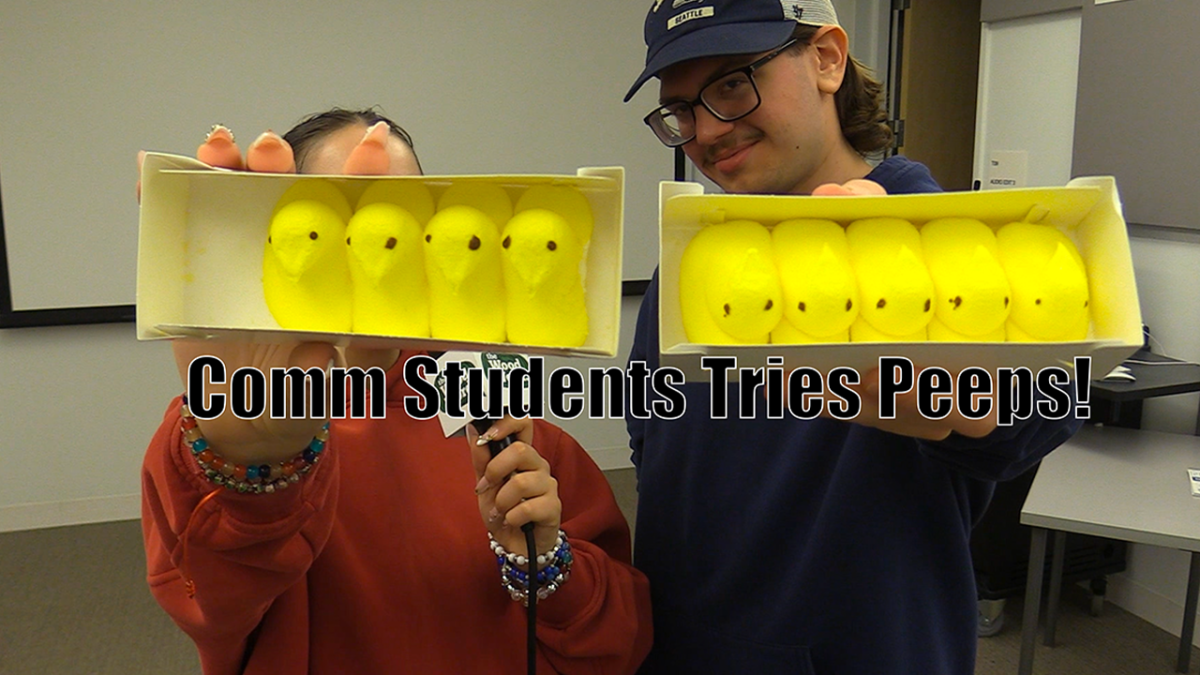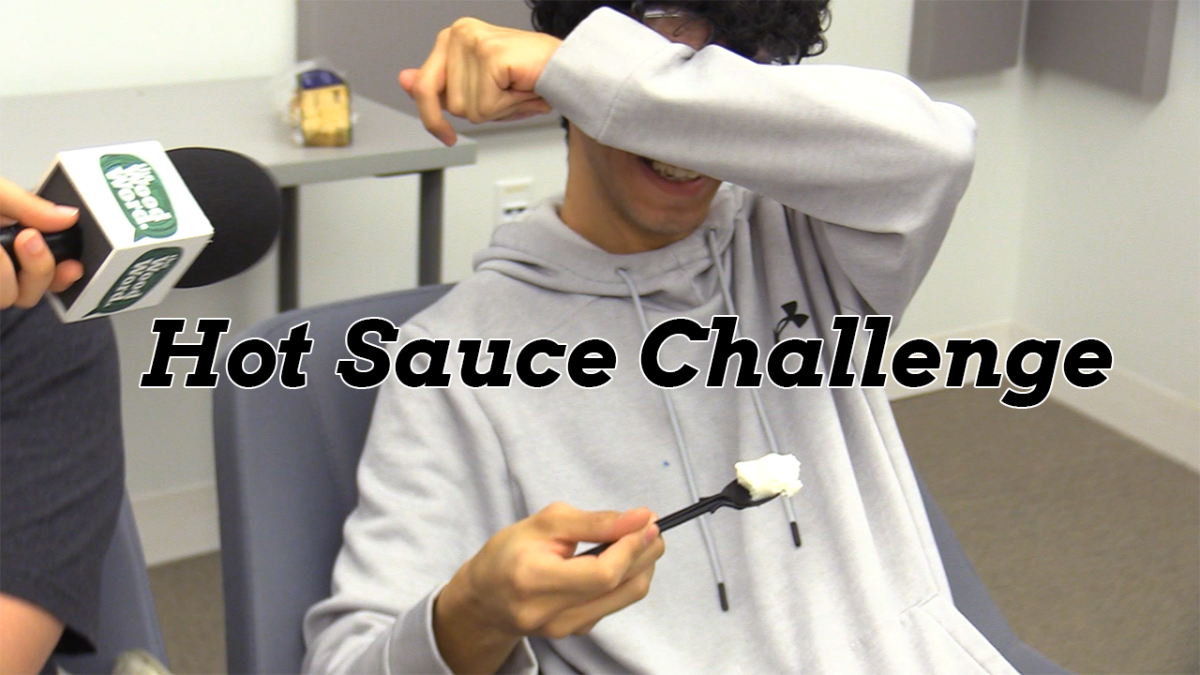By Anne Marie Coar
Staff Writer
“Start a résumé sooner rather than later and let it be a document that grows with you.” Ms. Christina Whitney, assistant director of Marywood University Career Services, believes this is one point to emphasize when delving into the world of résumé writing. And with graduation and the summer fast approaching, it’s time to create a résumé that shines, particularly in this difficult economy. Career Services offers many great tips to make your résumé impress a future employer.
First, ascertain your résumé is clear and succinct. A boss should not feel as if he or she is transcribing the Dead Sea Scrolls while reading your document, or encountering the résumé that never ends. To avoid these problems, pay close attention to margins, font, and alignment.
Also, use a format. Place all of your information in a certain order, and follow this layout for the entire length of the paper. For example, if you list the title, location, dates, and details of your most recent job in that particular order, ensure you use the same method for all your prior jobs as well.
Your résumé should include an objective that states which position you are applying for. You may also want to list a few of your most important qualifications in the objective, such as “To utilize my written and oral communication skills to obtain a position as a reporter.”
Another tip is to describe in greater detail pertinent experience, education, or training you have had in the field you are applying for. Ms. Whitney notes that we read from left to right and from top to bottom. Thus, you should prioritize the information on your résumé starting from the top and left of the paper. For instance, if you would like to be a reporter, list any internships at local television stations or positions held at your college station near the top of your résumé, before you mention other jobs you have had, such as working part-time at McDonalds. You should include all of your relevant experience, whether or not you were paid for your work.
When you list your experiences, remember to note what significant, transferable skills you learned from these experiences. One suggestion is to include them in bullet points under the position.
Also, create a résumé that is unique and personal. Make your document stand out from the dozens or hundreds of others the employer has received. Ms. Whitney tells students that “a résumé needs to change depending on who the reader is.” Different people and dissimilar positions require different types of résumés. It is not one size fits all.
Next, tell the truth. As the saying goes, “Honesty is the best policy.” Do not lie or fabricate on your résumé. Most likely the employer will discover the truth during an interview or when conversing with your references. Dishonesty is not an admirable quality in an employee.
As previously mentioned, it is important for a résumé to be concise. However, brevity at the expense of removing pertinent experiences from your résumé is also undesirable. Unless an employer informs you otherwise, it is acceptable for your résumé to be longer than one page. If you have important information to share, and it will not all fit on one page, create another page.
As always, for every should there is a should not. Here are some tips for what not to include on a résumé. Do not incorporate in your document experiences which you have not yet had. If you will be interning at a company two months from now, do not include this internship on your résumé until those two months have passed and you have started working at the company.
Also, do not use paragraphs or long descriptions. Your résumé should be easy to read and should not look extremely cluttered. Let there be some white space on each page. “To everything there is a season” as the Byrds say in “Turn Turn Turn.” A cover letter is the place for paragraphs, a résumé is not.
Bad grammar and slang should also not be used in a résumé. The way you talk or write to your friends is not necessarily the best way to write to a potential employer.
High school is over and soon after your freshman year of college, you should have enough information to include on your résumé without rehashing your high school experiences.
You do not need to attach a photograph of yourself to your résumé, unless you are applying for an on-air personality or acting job. Other personal information, such as religion, age, political affiliation, and marital status, should also not be seen on a résumé.
Finally, before you send out your résumé, proofread, proofread, proofread. Ms. Whitney encourages students to have many people, including mentors, professors, experts in the field, and Career Services, look at their résumés. One person may catch an error that another one missed.
In the future, more companies may be favoring résumé scanning, which is a new way of reviewing résumés. Instead of reading an entire document, the company may simply count the number of certain key words a résumé contains. Ms. Whitney assures students Career Services will keep them updated about this new development in the résumé world.
For more information about writing the perfect résumé, go to www.marywood.edu/career or visit Career Services, located in the Liberal Arts Center, Room 224.









